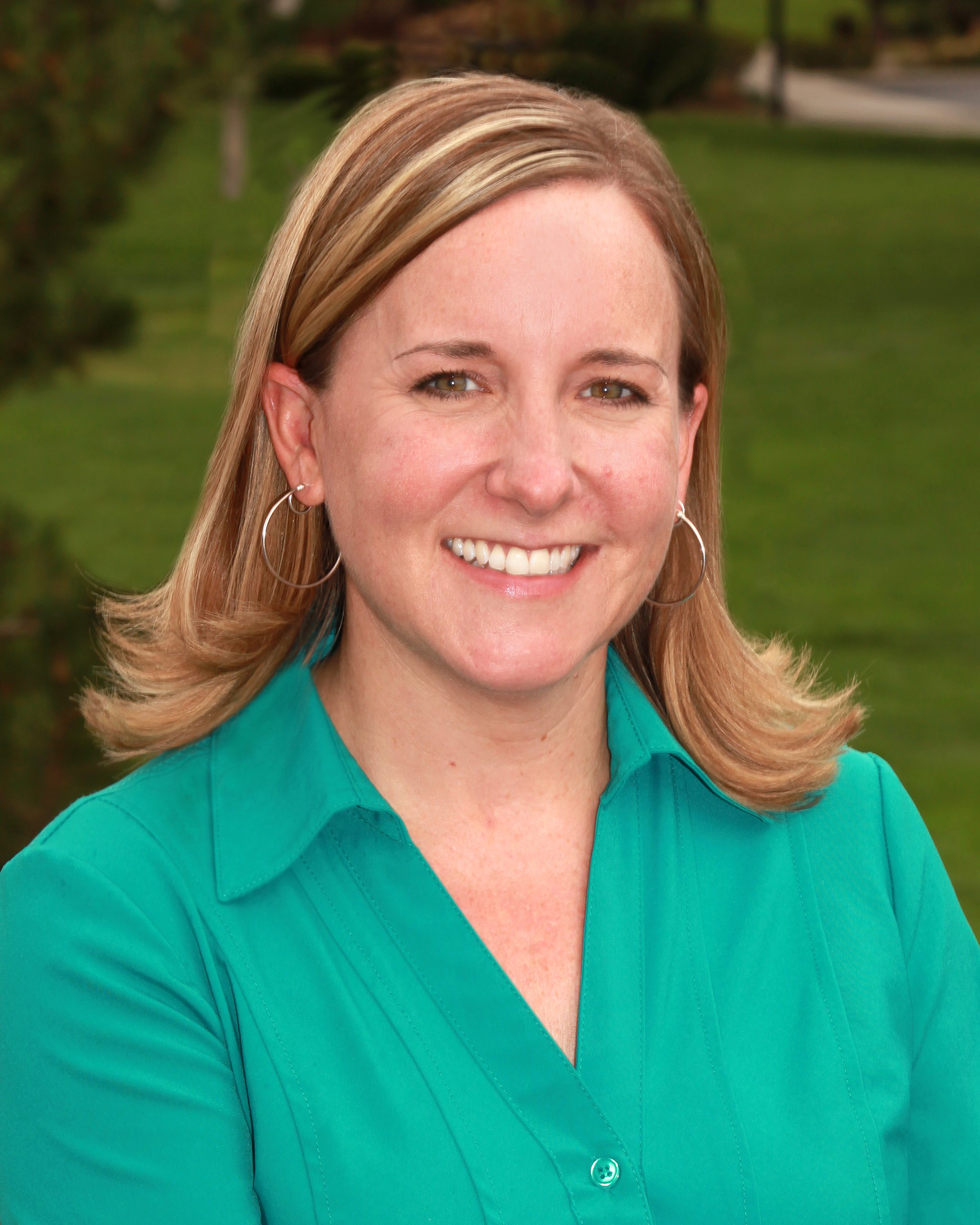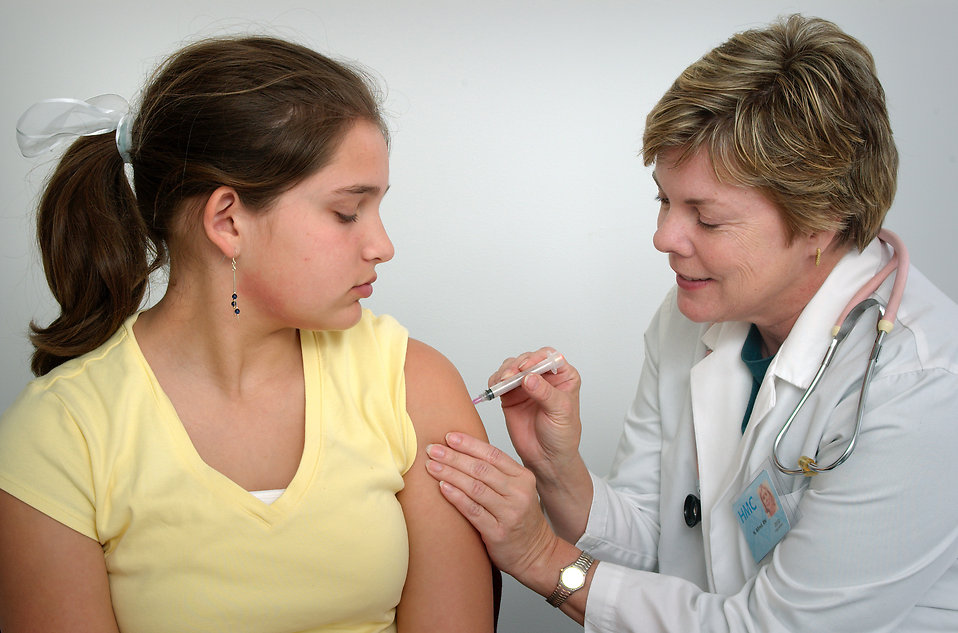By Jane Zebrack
While medical professionals and government officials are responding to the coronavirus pandemic, there are other public health consequences that need to be addressed. Pediatric vaccinations for preventable diseases such as measles, meningitis and whooping cough have decreased nationally this year, likely as a result of stay-at-home orders. In Nevada, there has been a 64 percent decrease in routine childhood vaccinations since March, according to statewide nonprofit Immunize Nevada.

This is Reno spoke with Heidi Parker, executive director of Immunize Nevada. Parker noted that it is crucial for pediatricians to continue administering immunizations during the pandemic so that herd immunity can continue to be effective as social distancing restrictions are relaxed.
Although tele-health has allowed physicians to continue providing many necessary health care services, vaccines require in-person appointments. Parker referenced a blog post from her organization that explains the importance of parents taking their children in for wellness visits and vaccines during COVID-19.
To ensure the safety of patients who come in for immunizations and other necessary services, healthcare providers are adhering to new policies, such as “requiring masks, conducting check-in from the car and keeping patients distanced in the waiting room.”
Furthermore, we must also prepare for eventual access to a COVID-19 vaccine. There are over 100 vaccines being developed globally by companies and universities to create as many “shots on goal” as possible, and some are very promising. The U.S. Food and Drug Administration (FDA) has fast-tracked a vaccine being developed by Moderna, a biotech company.
But with vaccine hesitancy being one of the top 10 threats to global health, according to the World Health Organization, there will likely be difficulty reaching the immunization rate goal of 70 percent for meaningful protection once a COVID-19 vaccine is available. Parker acknowledged that although it is “too soon to know how the vaccine will be received by the community,” Immunize Nevada will serve as a “trusted source” to ensure that people are informed.
One of the largest challenges of vaccines in Nevada and nationwide, however, is access. Many individuals face socioeconomic concerns, including where to seek treatment and how to pay for it. Parker pointed to the federally funded Nevada Vaccines for Children Program, which helps relieve the cost of vaccines for under- and uninsured children. Community Health Alliance “offer[s] childhood immunizations for free, only charging a very small fee to administer the shot.” People who have lost their insurance and are worried about paying for vaccines should take advantage of these resources, she said.
Parker’s takeaway: “We really want to make sure that we are preventing all the other diseases that we have vaccines for now.” Because we’re in the midst of a pandemic, it is vital that we do everything we can to prevent other outbreaks, she said.

